Featured
Markets wobble as global powers weigh North Korea’s next move
North Korea’s recent testing of a hydrogen bomb may have alarmed leading global powers. Stock markets did wobble but showed no signs of failure.
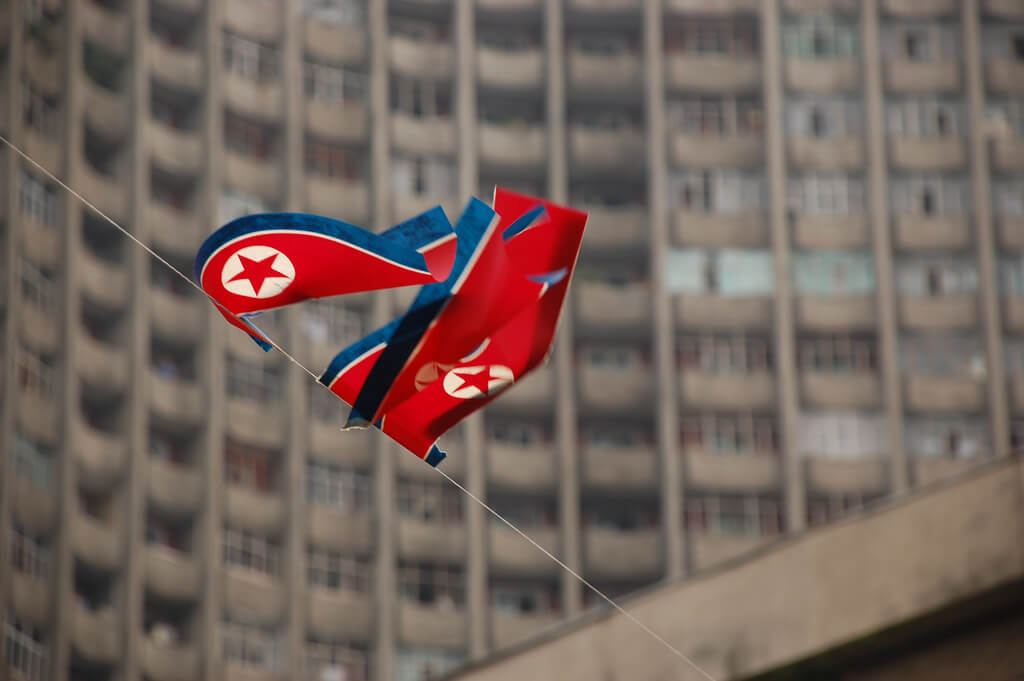
The North Korean government’s recent testing of a hydrogen bomb may have caused rising alarm among the leading global powers and awakened specters of a new armageddon from the rest of the international community. However, the stock markets spread across their corresponding regions, fortunately, show no sign of collapse.
They did wobble, as investors reduced their share in the affected currencies of Japan and South Korea in order to invest them in the so-called safer havens like gold. Still, industry analysts do not foresee the equivalent of a global bank run. Instead, they have noted that the markets’ mixed reactions show “restraint” and “caution”—which some feel could hardly be said of the U.S. President’s own reactions, fueling more tensions into the already heady mix.
As The Guardian noted, the recent war of words between U.S. President Donald Trump and the totalitarian regime in Pyongyang went up to its next alarming level when the latter admitted they tested the firing of a hydrogen bomb in the northeastern part of the country. The government led by Kim Jong-un later issued a statement that the test was extremely successful. They further claimed it showed that the bomb was “a weapon of unprecedented strength.”
What’s worrisome to the U.S. and its allies is not just that the hydrogen bomb is significantly more powerful and destructive than its average nuclear counterpart. It’s that it could easily be launched within an intercontinental ballistic missile. Japan, South Korea, and Guam—which are all U.S.’ allies—are within its reach.

Jilin Province in China experienced a 6.8 magnitude quake due to North Korea’s missile test. (Photo by Prince Roy via Flickr. CC BY 2.0)
Kim’s public statement was not a ruse nor was it bravado. The Yanji province in China which was proximate to the testing ground experienced a 6.3-magnitude earthquake as an aftermath. As a response, the Chinese foreign minister said that his government in no uncertain terms opposed the testing and “strongly condemns it.”
Meanwhile, The Washington Post reports that the South Korean government has also made contingency plans even as it continues to push for a more peaceful resolution. On one hand, it has sent its fastest fighter jets on tests that are near the North and South Korean borders, as well as the controversial testing site. However, it also makes it clear that it wants to bring North Korea to the negotiating table to discuss further demilitarization, and not risk unleashing a war—nuclear or otherwise.
This move has earned the vocal disapproval of Trump who has tweeted a no-holds-barred remark that South Korea would be disappointed in resorting to such a move. He intimated that the aggression of North Korea can only be stopped by less than peaceful means. This U.S.’ denunciation of an ally, which is the closest to North Korean’s bombing facilities, has sparked another wave of concern among the international community which fears that the attempts to forge an uneasy peace might prove to be too fragile.
This was further underscored by U.S. Defense Secretary James Mattis’ strong warning that any attack on the U.S. or any of its allies would be met with a “massive military response.”
The uncertainty and anxiety sparked by the rising international tension were immediately reflected in the markets. As The Financial Times reports, the immediate casualties were the currencies and/or the stock markets that were directly affected. To be more precise, the ones that suffered in the financial sphere were the countries in the possible direct line of fire of any North Korean ICBM should it be launched.
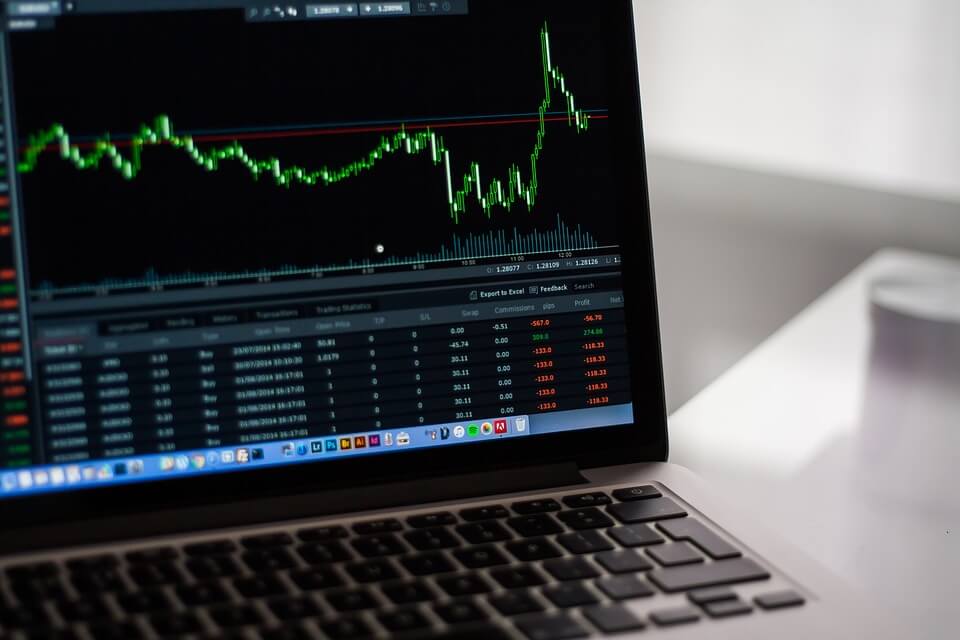
The North Korea hydrogen bomb threat caused neighboring markets to suffer. (Source)
The stocks of Japan, as well as the won or South Korea’s currency, were the first to experience a decline. Tokyo’s stock market index dropped by one percent while South Korea’s lowered by 1.2 percent. CNN adds that the other major territories in Asia also slid down or were adversely affected.
In contrast, the stocks in China, which showed a more resolute response, hiked a little: Shanghai’s closed by 0.4 percent higher than the normal while that of Shenzhen ended the trade also by 0.6 percent higher.
As observed by Reuters, the U.S. dollar dropped slightly but has arrested its decline and been steady ever since. The Japanese yen continues to rise in value, as so does gold. Other winners, says CNN, is perpetual safe haven Swiss franc which gained 0.6 against the U.S. dollar.
The industry analysts interviewed by CNN, however, said that the market behavior was an understandable knee-jerk reaction to the current political climate, especially the responses of the various countries to continued North Korean aggression. They maintain that the South Korean market remains robust and will withstand the tremors, short of an outright breakout of war that will cover Asia and beyond. The Financial Times echoes this with its own analysis that the various global markets are acting on the side of caution as they wait to see the direction in which the wind will ultimately blow.
(Featured image by (stephan) via Flickr. CC BY-SA 2.0)

-

 Crypto2 weeks ago
Crypto2 weeks agoXRP vs. Litecoin: The Race for the Next Crypto ETF Heats Up
-
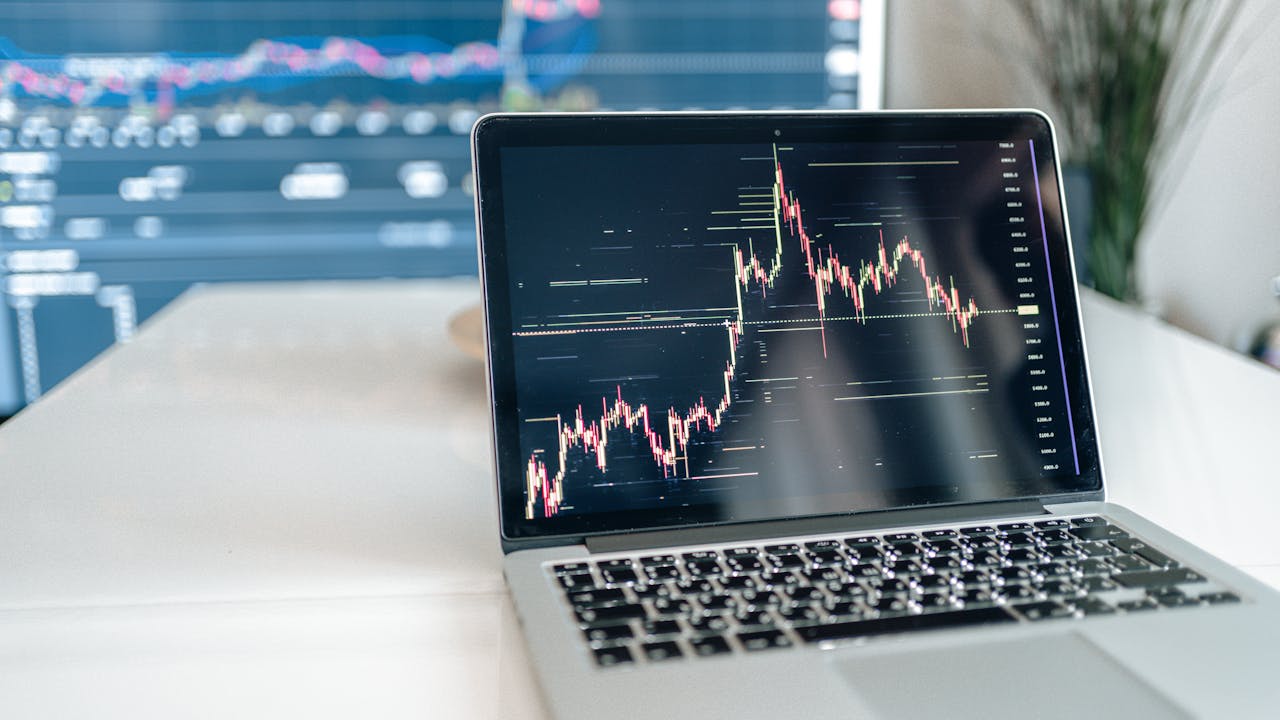
 Crypto1 day ago
Crypto1 day agoCrypto Markets Surge on Inflation Optimism and Rate Cut Hopes
-

 Biotech1 week ago
Biotech1 week agoSpain Invests €126.9M in Groundbreaking EU Health Innovation Project Med4Cure
-

 Biotech4 days ago
Biotech4 days agoAdvancing Sarcoma Treatment: CAR-T Cell Therapy Offers Hope for Rare Tumors


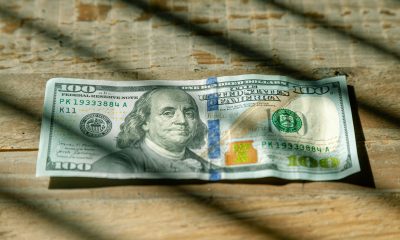

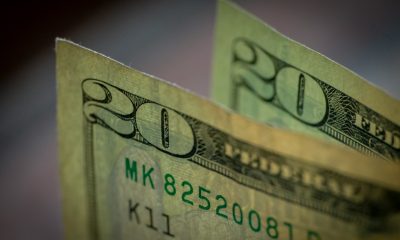

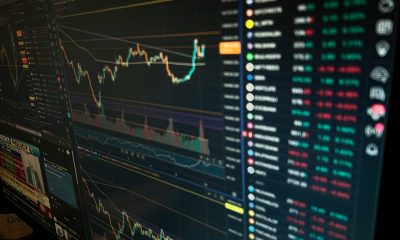



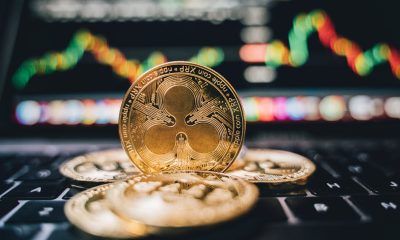















You must be logged in to post a comment Login